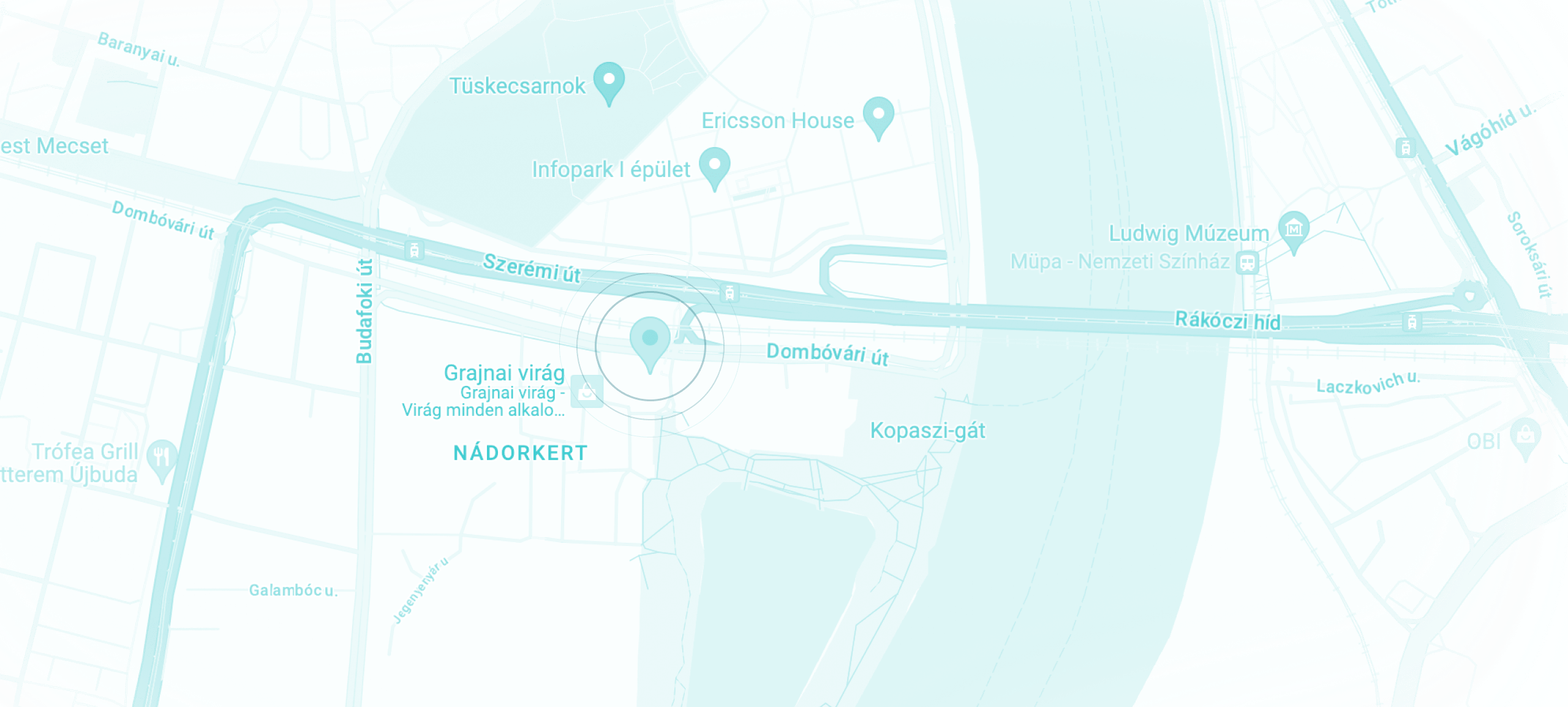
EES 2023: new EU travel rules coming soon
A new IT solution is planned to be introduced in Europe that is supposed to simplify the monitoring of who enters and leaves the EU. The Entry/Exit System, or EES for short, is planned to be implemented starting from May 2023, and it would replace the current passport stamping practice.
A new IT solution is planned to be introduced in Europe that is supposed to simplify the monitoring of who enters and leaves the EU. The Entry/Exit System, or EES for short, is planned to be implemented starting from May 2023, and it would replace the current passport stamping practice.
Last updated on March 17, 2025.
Please note: since the publication of this article, the introduction of the EES has been rolled back to October 2025.
Entering and leaving the EU
Currently, EU citizens and residents can come and go in Europe without much hassle, just presenting their valid travel documents at border control. Non-EU nationals must produce a valid passport, which is normally stamped upon entering and leaving the EU. This method allows for little communication between countries taking care of border control, or for identifying overstayers.
The new Entry/Exit System create a single international database of travelers, where date and place of entry and exit at Schengen borders can be tracked. The EES will also be connected to the Visa Information System (VIS) and the European Travel Information and Authorisation System (ETIAS), and traveler data will be checked against these, depending on whether the traveler requires a visa to enter the EU or not. This is supposed to help authorities more easily identify overstayers as well as avoid, detect, and investigate cases of identity fraud and human trafficking.
EU citizens and residents may continue to enter or leave the EU without registration in the EES or the ETIAS.
Which countries are part of the EES?
Although the EES is an EU initiative, the scheme involves countries of the Schengen area that are not EU member states, and EU member states that are not members of the Schengen zone as well. This is why summaries and regulations do not cite EU or Schengen member states when talking about the EES, but countries using the EES.
Currently, EES countries are: Austria, Belgium, Bulgaria, Croatia, the Czech Republic, Denmark, Estonia, Finland, France, Germany, Greece, Hungary, Iceland, Italy, Latvia, Liechtenstein, Lithuania, Luxembourg, Malta, the Netherlands, Norway, Poland, Portugal, Romania, Slovakia, Slovenia, Spain, Sweden, and Switzerland.
In Cyprus and Ireland, even though they are members of the EU, passports are still stamped manually.
Which data does EES collect?
The EES will collect and store data relevant to your entering and leaving the EU. These data include:
- Data listed in your travel document (e.g. full name, date and place of birth, etc.)
- Date and place of entering and leaving a European country using the EES
- Facial image and fingerprints (so your biometric data)
- Refusal of entry, where relevant
Your data will be stored for 3 years after recording – unless no exit is recorded, in which case data will be stored for 5 years.
Overstay detection with the EES
Once the EES becomes operational, there will be an online tool through which you will be able to receive information on how much longer you are allowed to stay within the borders of the EU and the Schengen zone. You will also be able to receive this information from border control officers and self-service equipment installed at border crossing points.
If you stay longer than allowed, you will be identified as an overstayer. When that happens, your data will be added to a list that is accessible to national authorities (e.g. immigration officers), unless you are a close family member of an EES country national. Based on this, you can expect to face consequences depending on the regulations of the country where you are staying.
Helpers Hungary at your service
The EES is a new database to be implemented starting from May 2023, facilitating external border control in the EU for the benefit of both travelers and local authorities. It will register entry and exit by third-country nationals on short-term visits, meaning if you are a resident of any of the EES countries, you can skip the registration.
We at Helpers do our best day by day to support third-country nationals moving to Hungary. We provide assistance with residence permit applications based on business operation or employment, and various other services to tackle local bureaucracy.
Was this article useful? Follow us on Facebook and never miss an update.
Contacto
Póngase en contacto con nosotros
Lunes - Viernes
09:00 - 17:00
Helpers Hungary Kft.
Budapart Gate
Dombóvári út 27.
Budapest 1117, Hungary
Cuando nos visita, venga usted al 2.o piso por la Entrada A.






